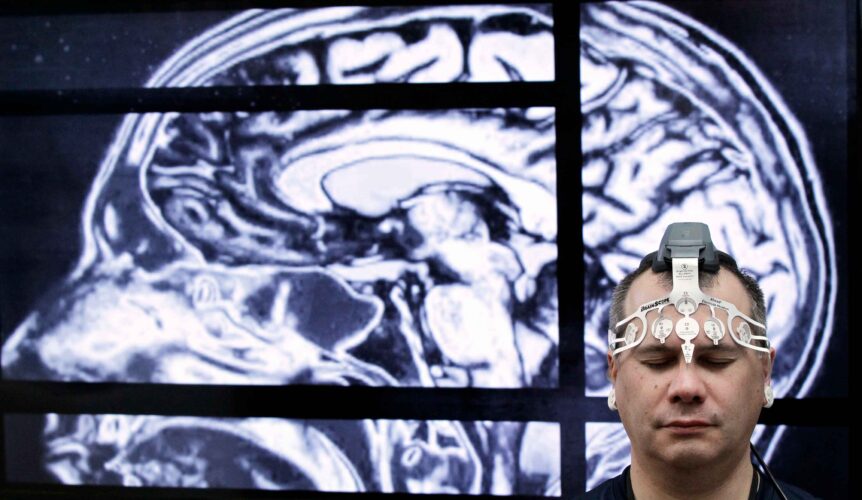Elon Musk’s Neuralink announced it received approval to begin recruiting participants for its first human clinical trials on Tuesday. The study, called PRIME (Precise Robotically Implanted Brain-Computer Interface), will be studying the effects of its fully-implantable, wireless brain-computer interface (BCI) device, specifically testing for safety and the functionality of the feature that will allow paralyzed people to control external devices with their thoughts.
The company was approved by an independent institutional review board and its first hospital site. The Food and Drug Administration (FDA) gave Neuralink the investigational device exemption (IDE) in May 2023.
The first human patient will soon receive a Neuralink device. This ultimately has the potential to restore full body movement.
In the long term, Neuralink hopes to play a role in AI risk civilizational risk reduction by improving human to AI (and human to human) bandwidth by… https://t.co/DzqoYI27Ng
— Elon Musk (@elonmusk) September 20, 2023
The two devices to be tested will be the N1 Implant and the R1 Robot, which installs the implant through inserting threads of the N1 device into a certain region of the brain. The N1 User App will also be tested, which allows users to control computers with their thoughts.
Neuralink says it will be recruiting among people who suffer from quadriplegia due to cervical spinal cord injury as well as amyotrophic lateral sclerosis (ALS), and stipulates that participants must be 22 years old or older and have a reliable caretaker. Furthermore, it said it cannot accept people who have a history of seizures, have an active implanted device, require MRIs for a medical condition, or are receiving transcranial magnetic stimulation (TMS) treatment.
Learn the benefits of becoming a Valuetainment Member and subscribe today!
In its official statement, Neuralink said the PRIME Study “represents an important step in our mission to create a generalized brain interface to restore autonomy to those with unmet medical needs.”
It offers those interested a link to register on its website as well as a study brochure for more information on the trials. According to the brochure, the study will take six years to complete, during which Neuralink staff will check up on participants to monitor effects. There will be two 1 hour long BCI research sessions per week held with each participant during the study, and after the six years are up another five year-long follow up session will commence featuring 20 visits.
The only compensation Neuralink seems to be offering to participants is travel costs. In August, the company raised $280 million for development in a fundraising round led by the Peter Thiel-backed Founders Fund.


















Add comment